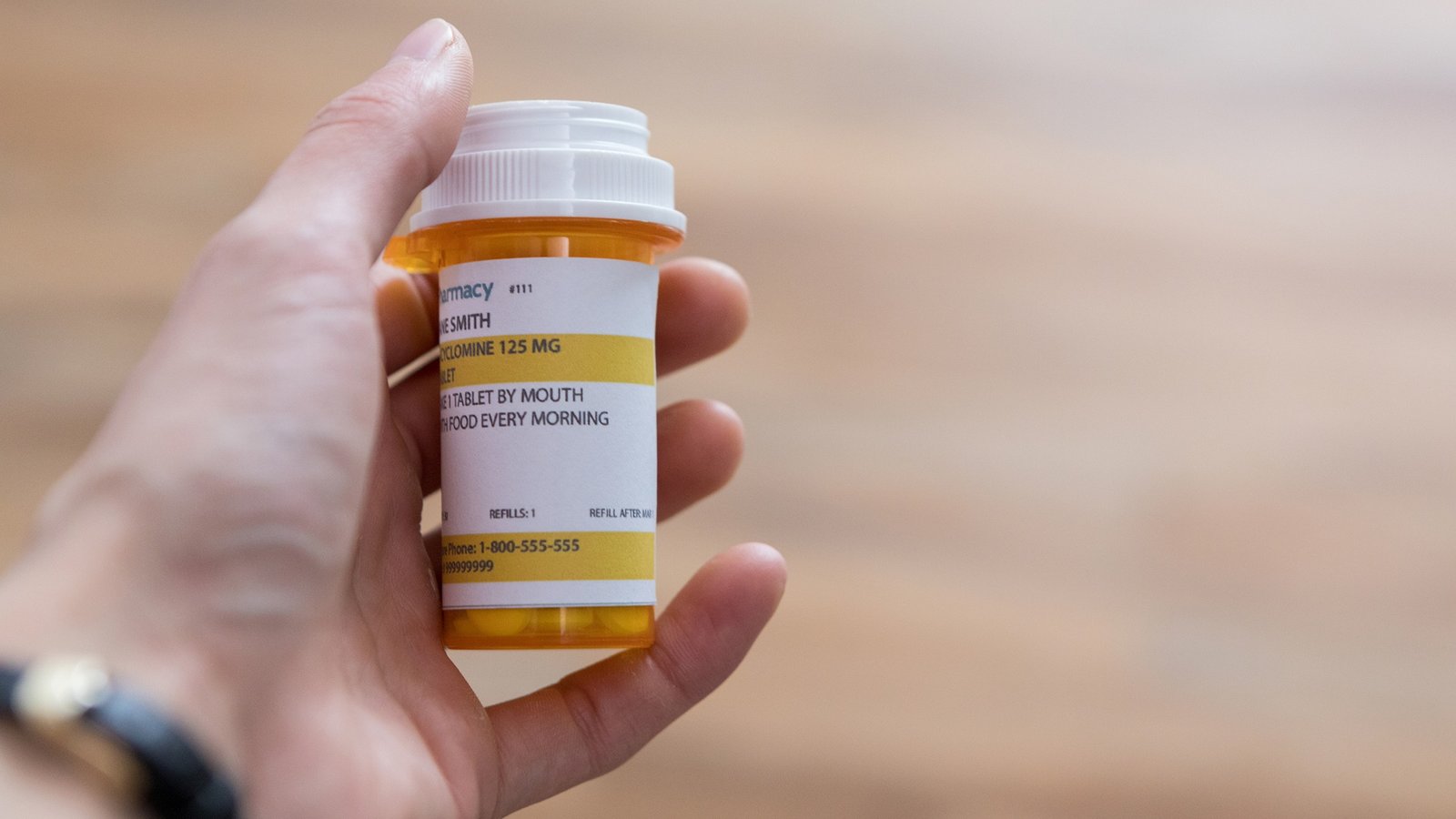Adderall Side Effects, Adderall is a widely prescribed medication for attention deficit hyperactivity disorder (ADHD) and narcolepsy. Composed of amphetamine and dextroamphetamine, Adderall helps improve focus, attention, and impulse control. However, like all medications, it comes with a range of potential side effects. Understanding these side effects can help users make informed decisions about their treatment.
Common Side Effects
- Insomnia: Difficulty sleeping is one of the most reported side effects. Since Adderall is a stimulant, it can interfere with normal sleep patterns. Taking the medication early in the day can help mitigate this issue.
- Loss of Appetite: Many users experience a reduced appetite, which can lead to weight loss. It’s important to maintain a balanced diet and monitor any significant changes in weight.
- Dry Mouth: A common but uncomfortable side effect, dry mouth can be managed by staying hydrated and using sugar-free gum or candies to stimulate saliva production.
- Increased Heart Rate: Adderall can cause an increase in heart rate and blood pressure. Regular monitoring of cardiovascular health is recommended, especially for those with preexisting conditions.
- Anxiety and Nervousness: Some users may experience heightened anxiety or nervousness. This can sometimes be managed by adjusting the dosage or timing of the medication.
- Headaches: Headaches are a frequent complaint. Staying hydrated, maintaining regular meals, and managing stress can help reduce their occurrence.
Serious Side Effects
While less common, there are more serious side effects that require immediate medical attention:
- Cardiovascular Issues: Adderall can lead to serious cardiovascular events such as heart attack or stroke, especially in those with underlying heart conditions.
- Mental Health Concerns: Some individuals may experience severe mood swings, depression, or hallucinations. These symptoms should be reported to a healthcare provider immediately.
- Seizures: Although rare, seizures have been reported. Those with a history of seizures or epilepsy should discuss the risks with their doctor.
- Circulation Problems: Adderall can cause circulation issues in the fingers and toes, leading to numbness or pain. If this occurs, it’s crucial to seek medical advice.
Long-Term Side Effects
Prolonged use of Adderall can lead to dependence and tolerance, meaning higher doses are needed to achieve the same effect. Long-term use can also have significant impacts on mental and physical health, including:
- Dependence and Withdrawal: Dependence can develop, leading to withdrawal symptoms such as fatigue, depression, and sleep disturbances when the medication is stopped.
- Cognitive Changes: Some studies suggest long-term use may affect cognitive function, though more research is needed to fully understand these effects.
- Cardiovascular Strain: Prolonged use can put additional strain on the heart and blood vessels, increasing the risk of long-term cardiovascular issues.
Managing Side Effects
Managing side effects involves open communication with your healthcare provider. Here are some strategies:
- Adjusting Dosage: Sometimes, a lower dose can reduce side effects while still providing therapeutic benefits.
- Changing Medication Timing: Taking Adderall earlier in the day can help reduce insomnia and nighttime anxiety.
- Regular Monitoring: Regular check-ups with your healthcare provider can help monitor cardiovascular health and adjust treatment as necessary.
- Healthy Lifestyle Choices: Maintaining a healthy diet, regular exercise, and good sleep hygiene can mitigate some of the side effects.
Conclusion
Adderall can be a highly effective treatment for ADHD and narcolepsy, but it comes with potential side effects that users need to be aware of. By understanding these side effects and working closely with a healthcare provider, individuals can manage their symptoms and maintain a good quality of life. Always report any severe or concerning symptoms to a healthcare professional to ensure safe and effective use of the medication.



